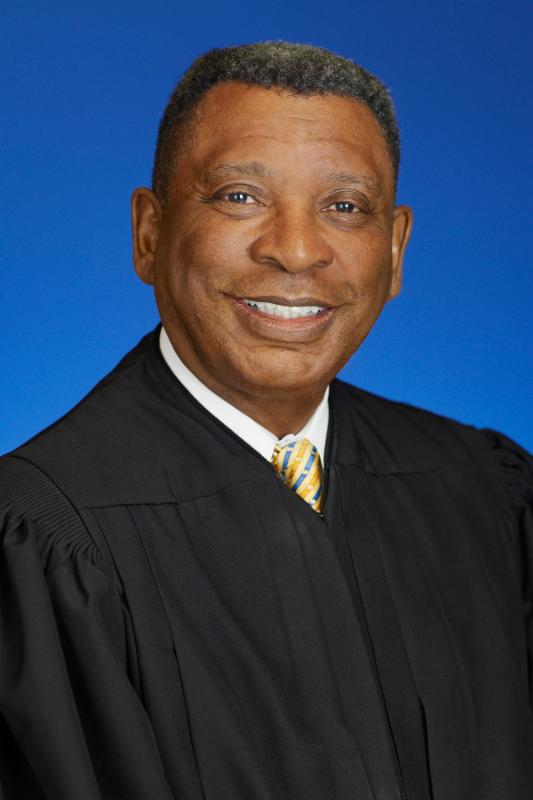 The Federal Bar Association has its big gala next Thursday, September 7 at the Four Seasons. The big award is called "The Ned" after Edward B. Davis. I have a soft spot for this award because it is named after the judge that I clerked for. Judge Davis was simply the best. Besides being an absolute awesome judge, he was a great man. I am proud that the FBA is awarding this year's Ned to Donald L. Graham. Judge Davis always loved Judge Graham and would be happy about this.
The Federal Bar Association has its big gala next Thursday, September 7 at the Four Seasons. The big award is called "The Ned" after Edward B. Davis. I have a soft spot for this award because it is named after the judge that I clerked for. Judge Davis was simply the best. Besides being an absolute awesome judge, he was a great man. I am proud that the FBA is awarding this year's Ned to Donald L. Graham. Judge Davis always loved Judge Graham and would be happy about this.
The Dade County Bar Association is also having its big party on September 9 at the JW Marriott. The Presidential Award winners are: Sec. of Labor Alex Acosta, Judge Robert Luck, and Judge Lisa Walsh. The David Dyer Professionalism Award is going to Judge Kathleen Williams, and the Johnnie Ridgely Award is for Judge Beth Bloom.
An all-star cast!

